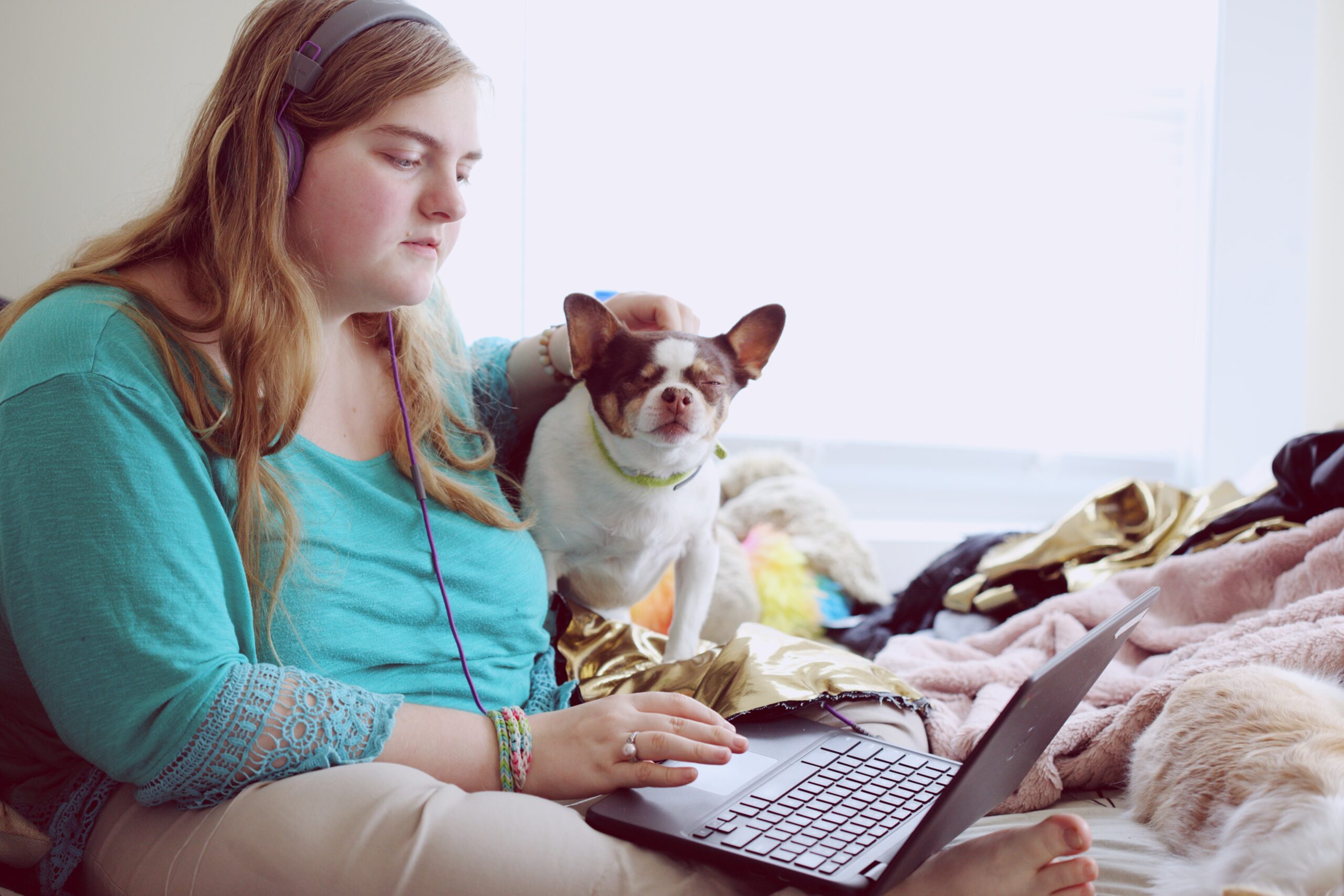The Benefits of Alone Time

Being connected to people is important for your happiness and well-being, but it’s also helpful to balance social time with taking time for yourself. Learning to be alone can give you space to think about your feelings, ideas, hopes, problems, and experiences. It’s also a great opportunity to get to know yourself better and spend time resting and relaxing.
It’s not always easy to spend time alone though. Social media—along with the pressure of creating a vibrant social life once you go to college or live on your own—might make you feel like you need to hang out with friends or do something all the time.
If you feel lonely or bored when spending time by yourself, you’re not alone in feeling this way. Read on to learn more about how you can make spending time alone more enjoyable and positive.
Get to Know Yourself
One of the greatest benefits of spending time alone is that it can help you develop a better understanding of who you are. The better you know yourself, the more likely you are to do things that you love, learn things that interest you, and spend time with people who make you feel good.
Knowing yourself also builds confidence that can help you navigate all types of situations. To get to know yourself better, spend time reflecting or journaling. You might try one of these journal prompts for self-discovery. You could also try a creative outlet such as making music, drawing, painting, or putting together a vision board.
Dance Like No One’s Watching
When you’re alone, you’re free to try things you may feel uncomfortable doing for the first time in front of others. Being alone allows you to dance, sing, paint, play an instrument, do magic, or build something. You can try new things without being nervous about what others may think. Take this time to be silly and playful.
Want to dance right now? Try this 18-minute dance workout
Reboot
If we spend most of our time with other people, we always have to be “on.” All that social time can be draining. Time for yourself is a great way to recharge your social battery and slow down for a bit.
Do whatever feels relaxing to you, whether it’s reading a book, watching TV, playing a game, or going for a walk. Taking this time to recharge might also make being with others more enjoyable, since you’ve had time to rest and might have more energy to devote to friends or group activities.
Get Outside
There’s a ton of research about the benefits of spending time outdoors. Taking some time in nature can be refreshing and a great way to enjoy alone time while in the good company of Mother Nature.
You don’t have to do anything fancy. Just going for a walk in your neighborhood, sitting in the park, or hiking in the woods can center you and improve your mood.
Be Mindful of Your Social Media Usage
When you spend time on your own, your first instinct may be to reach for your phone and scroll on social media. There’s nothing wrong with watching some TikToks or scrolling through Instagram during your downtime, but try to be mindful of how it makes you feel.
Do you enjoy the content, or does it make you feel left out or lead you to compare yourself to others? If being on social media makes you feel down, you may want to do something else or seek out content that makes you feel good, such as a YouTube video from your favorite creator or an inspiring Pinterest board.
Learn more about how to protect your mental health when you use social media.
Remember: You Don’t Need to Be Productive
Alone time doesn’t necessarily need to have an end goal. If lounging in your dorm or apartment or binge-watching a show feels right to you, then do it. You don’t need to be productive when spending time with yourself. Instead, try to focus on being present and enjoying the moment.





